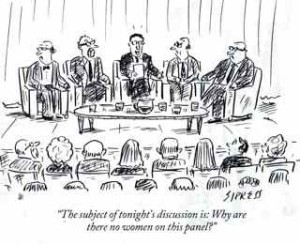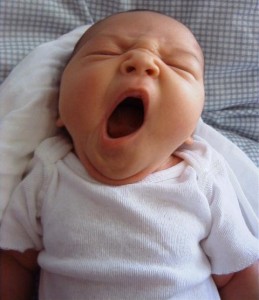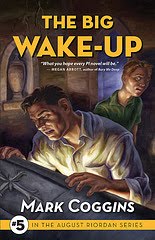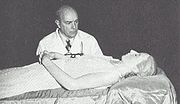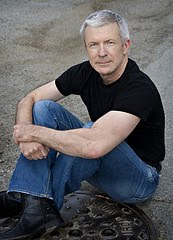By John Gilstrap
www.johngilstrap.com
Today’s Killzone entry is born directly of Michelle’s excellent post from yesterday, in which she shared an article by Declan Burke. In his essay, this very talented writer declares that he can no longer afford to be a writer. He cites the opportunity cost of the hours redirected from the freelancing that pays his bills, and the emotional burden of time away from his family.
Man, I have so been there. Back in 1993, I was a division manager for a behemoth company in the hazardous waste business. It was a time of transition in the hazwaste industry, and after a solid five-year run, I took a hard look at the tea leaves and decided that the company had no choice but to dissolve my division. It wasn’t that we didn’t provide valuable service; rather, there was so much tumult within the organization that none of my rotating bosses had the inclination to pay me a lot of attention.
The details are too complicated for this space, but I realized that their inability to see the value of my group presented a unique opportunity. I hocked everything I owned (and then some) and bought my division away from the behemoth and started a new company, Compliance Services, Inc. It was a sweet deal. And I was terrified. When I say hocked everything, I mean everything. The house, the savings, the kid’s education money . . . everything. If I failed, I didn’t just fail for me, I failed for my entire family.
Failure was not an option. My job became my life, 24/7, and the company thrived.
The bet paid off. Except it never was a bet. A bet implies chance. Obviously, serendipity plays a role in everything, but before launching Compliance Services, I knew exactly what was at stake. I had a business plan. I understood the services I was providing, and I understood the market that purchased them. I knew how much revenue I needed to bring in every month to make payroll, service the debt and pay the bills, and I knew that every dollar beyond that number was mine to keep or reinvest. Truth be told, there weren’t a lot of those extra dollars, but we stayed afloat and comfortable.
I wonder how many writers—themselves by definition business owners—have business plans in place. I’m not talking recreational writers here, the ones who plink at their keyboards the way a duffer swings a club on the weekends; I’m talking about people who depend on their writing for the baby’s shoes and education. Do they know their break-even points and their overhead rates? Do they continuously study the marketplace and strive to serve it?
Do they have a contingency plan in place for the lean seasons? Do they even have a goal?
In business, goals are important. Without them, “success” is indefinable. So, what is your goal? Seriously. If it’s merely to be published, then success is only a Kinko’s away. If it’s to be #1 on the NYT Bestseller List (that’s mine, by the way), then a longer view is in order, and it might be worthwhile to have interim goals. Perhaps being the lead title for your slot at your publisher is a place to start. Maybe it’s just finishing the work in progress. Whatever it is, state it affirmatively.
Having a goal is only the beginning. The next step is to communicate the goal to others. My agent and editor both know where I want to go with my career, and that knowledge helps them shape a thousand different decisions. Being number one on the Times List means writing a Big Book. High concept. My team help me keep my eye on the prize that I’ve laid out for myself. We all know that it probably won’t happen with the next book, or maybe even the next three or six, but we’ve marked intermediate territory to keep us on track.
That brings us to the plan. How are my team and I going to get me to where I want to be? These are the details in which the devil lies and this is where information becomes confidential. Like all businesses, ours is a competitive one, and the microelements of strategy are, I believe, best played close to the vest. Suffice it to say that it’s in constant adjustment.
Finally, there’s the disaster plan. What happens if the bottom falls out of everything? What happens if my plans prove to be misguided? How do I recover? How do I hedge in the good times against the possibility of bad times? For me, the day job helps a lot. The financial cushion and slate of benefits is always welcome—especially now that I’ve crossed the half-century mark—but as I’ve written here before, I enjoy the daily intellectual distraction from things fictional.
Life deals unequal cards. Sometimes the royal flush is followed ten straight hands of garbage. You get knocked off your path, or the path itself becomes a tangle of weeds. These are the times when your goals feel most threatened, when achievement seems too daunting. I think that Declan Burke was in such a place when he wrote his essay. If so, my heart goes out to him.
I just hope he doesn’t give up. Regroup, yes. Change what he writes? Maybe. Who knows? Who am I to say?
I think that our most defining moments occur when our goals seem most threatened. I pray that I’ll always have the stamina to blaze whatever trails I need to keep the goals in sight. I worry that surrender would kill me.




